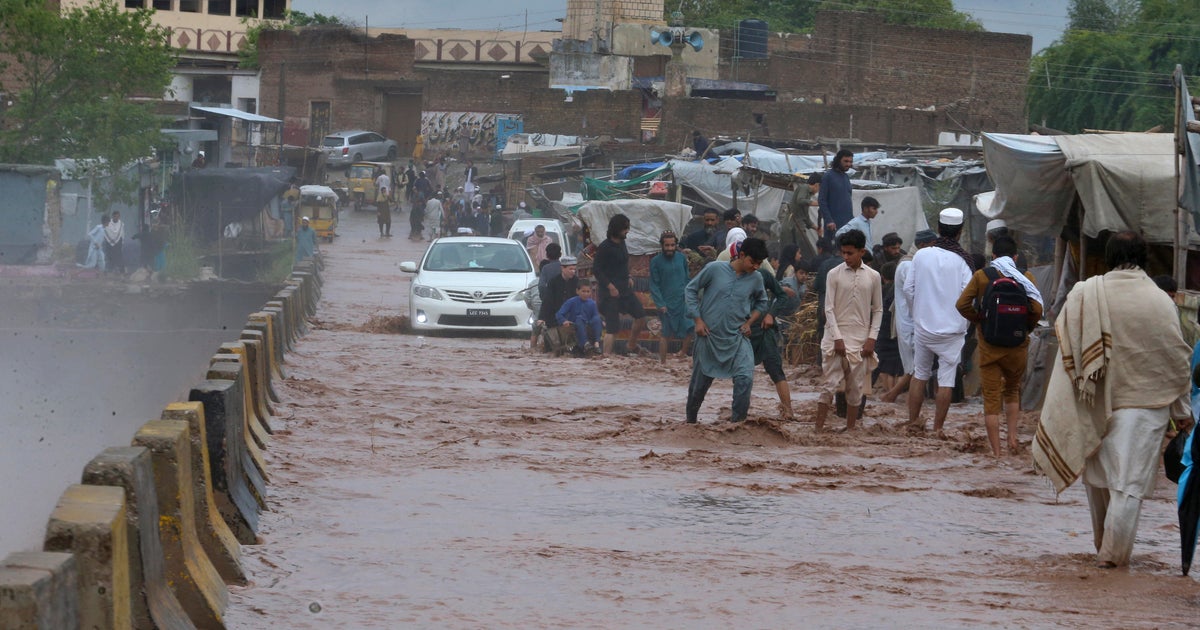Chef José Andrés: Trump has "a lot of blame to take" for Hurricane Maria death toll
Chef José Andrés distributed more than 3 million meals to hungry Puerto Ricans in the wake of Hurricane Maria last year. When President Trump disputed the death toll from the storm on Twitter Thursday, Andres had some harsh words for him.
"More than 3,000 people died in Puerto Rico and actually President Trump, as the leader of America, has a lot of blame to take," Andres said on "CBS This Morning."
Puerto Rico's governor last month raised the official death toll to 2,975 after commissioning an independent analysis by researchers at George Washington University. The government's first estimate was 64 deaths.
Trump's Thursday morning tweets about the death toll come just two days after he praised the federal response to Maria in a hurricane preparedness meeting in the Oval Office and as the southeastern coast of the U.S. braces for Hurricane Florence.
"I think a president, any leader, President Trump, a leader is here to praise their people and to take responsibility for shortfalls. That is what any leader should be doing. I don't think President Trump is helping, for example this next hurricane, praising himself for all the great things did he. I think a president should be leading their people, telling them we need to be ready, we need to learn from past shortfalls, from past mistakes so we make sure these will never happen again," Andrés said.
The Michelin-starred chef is out with a new book about his disaster relief efforts called, "We Fed an Island: The True Story of Rebuilding Puerto Rico, One Meal at a Time." Andrés said during his time on the ground there he encountered elderly people who hadn't drank water for three days. He also criticized the federal government's response, claiming it did not distribute generators that could have offered life-saving electricity to people reliant on devices like breathing machines.
"Those things were real, were happening," Andrés said.
Andres and his team rapidly scaled up from serving 1,000 meals per day out of one kitchen to more than 150,000 per day across 26 kitchens. He says chefs are uniquely prepared to deal with disaster relief because of the nature of kitchens.
"Because we live in chaos. Restaurants are chaos," Andrés said. "At the end, we were feeding almost the entire island."
"[A] plate of hot food brings a lot of hope to people….You know what's important in emergencies? That we don't go and drop MRE's (Meal, Ready-to-Eat) in the middle of an open field….That we don't go drop bottles of water in a field. The way you provide relief is by going every day. We went every day to every community. More than 900 communities every single day."



